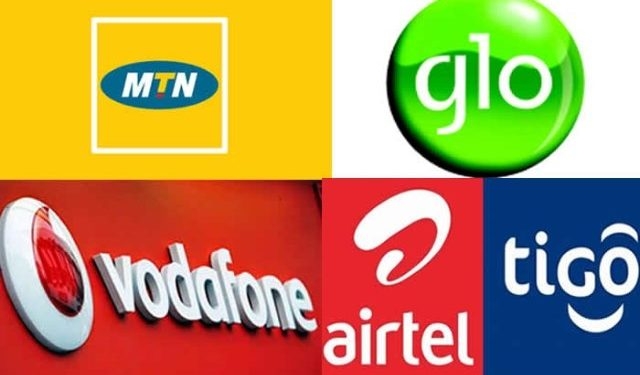2022 budget: 1.75% tax on MoMo, all e-transactions’ll derail savings
 Momo
Momo
The NDC’s Member of Parliament for Madina Constituency in the Greater Accra Region has cautioned the government to be wary of its decision to slap a 1.75 percent E-levy on Mobile Money transactions.
According to the MP, this will become a disincentive to people operating their Mobile Money accounts.
Mr. Francis-Xavier Sosu issued this caution in reaction to the 2022 budget statement presented to Parliament by the Finance Minister, Ken Ofori-Atta on Wednesday, 17.
He said the tax will derail the saving culture as well as the usage of the MoMo platforms.
He stressed that this is a disincentive to the digitalization agenda led by Vice President Dr. Mahamudu Bawumia.
Presenting the budget, Mr Ofori-Atta today Wednesday, 17 November 2021 explained that the upsurge in the use of e-payment platforms as a result of the COVID-19 pandemic, has been an impetus for the introduction of the levy.
As a result, Ghana recorded a total GHS500 billion from e-transactions in 2020 compared with GHS78 billion in 2016.
He said: “It is becoming clear there exists an enormous potential to increase tax revenues by bringing into the tax bracket, transactions that could be best defined as being undertaken in the informal economy.”
He noted, therefore, that the government is charging an applicable rate of 1.75% on all electronic transactions covering mobile money payments, bank transfers, merchant payments and inward remittances, which shall be borne by the sender except inward remittances, which will be borne by the recipient.
“Mr Speaker, to safeguard efforts being made to enhance financial inclusion and protect the vulnerable, all transactions that add up to GHS100 or less per day, which is approximately GHS3,000 per month, will be exempt from this levy,” he stated.
He said E-Levy proceeds will be used to support entrepreneurship, youth employment, cyber security, and digital and road infrastructure, among others.
“Mr Speaker, this new policy also comes into effect once appropriation is passed from 1st January 2022. The government will work with all industry partners to ensure that their systems and payment platforms are configured to implement the policy,” he said
Source: Classfmonline.com/cecil Mensah
Trending Business

Vice President urges new customs officers to uphold integrity to drive economic transformation
16:19
GA/R: Kaneshie footbridge traders given end of April deadline to vacate
13:15
GOIL CEO engages dealers to strengthen collaboration and operational efficiency
11:29
NEDCo disconnects power supply to Cookclean Ghana Ltd and others over GH¢51,868 debt
09:29
Gold Fields: Damang youth push for local ownership and content
16:01
ECG assures stable power supply for Easter festivities in Kwahu
12:02
Communications Minister summons EMIs over rising fraud cases
12:30
GHS 6.2 million worth of excavators imported under Akufo-Addo—Minerals Commission PRO
10:43
W/R: GFZA boss embarks on strategic tour To Boost Investment and industrial growth
09:12
Eastern Regional Minister urges ECG to rebuild public trust
08:05



